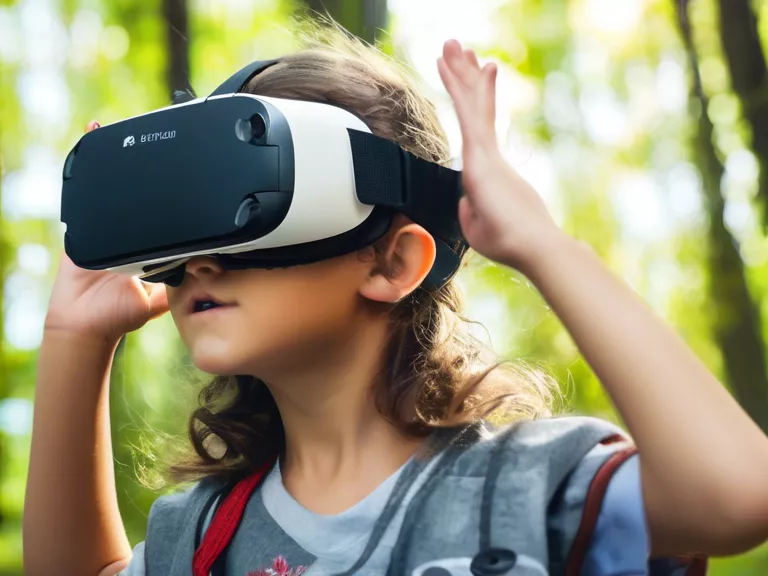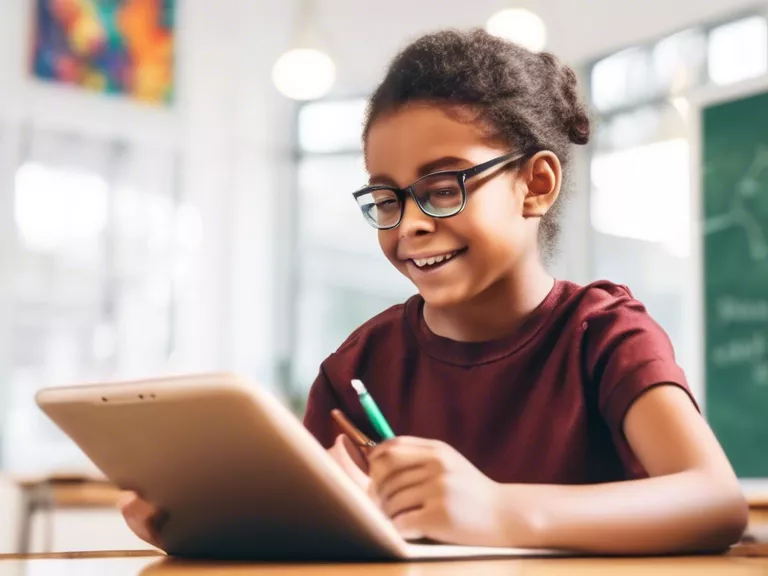
In recent years, virtual reality (VR) technology has been gaining popularity in various fields, including education. One area where VR is making a significant impact is in the realm of field trips and experiential learning. By using VR technology, educators are able to take students on immersive virtual field trips to places they may not otherwise have the opportunity to visit. This not only enhances learning experiences but also allows for greater accessibility and affordability.
One of the key benefits of using VR for field trips is the ability to transport students to places that are too far or too expensive to visit in person. For example, students can explore the depths of the ocean, journey through space, or visit historical landmarks without ever leaving the classroom. This opens up a world of possibilities for educators to enhance their curriculum and provide students with hands-on learning experiences that were previously out of reach.
Additionally, VR allows for a level of interactivity that is not possible with traditional field trips. Students can actively engage with the virtual environment, manipulate objects, and even participate in simulations that mimic real-world scenarios. This hands-on approach to learning helps students better understand complex concepts and retain information more effectively.
Furthermore, VR can cater to different learning styles and abilities, making it an inclusive tool for experiential learning. Students with disabilities or learning difficulties can benefit from virtual field trips that are tailored to their needs, providing them with a more equitable learning experience.
Overall, virtual reality is transforming the way we approach field trips and experiential learning. By leveraging VR technology, educators can create engaging, interactive, and immersive experiences that enhance student learning and expand their horizons. As VR continues to evolve and become more accessible, the possibilities for experiential learning are endless.



